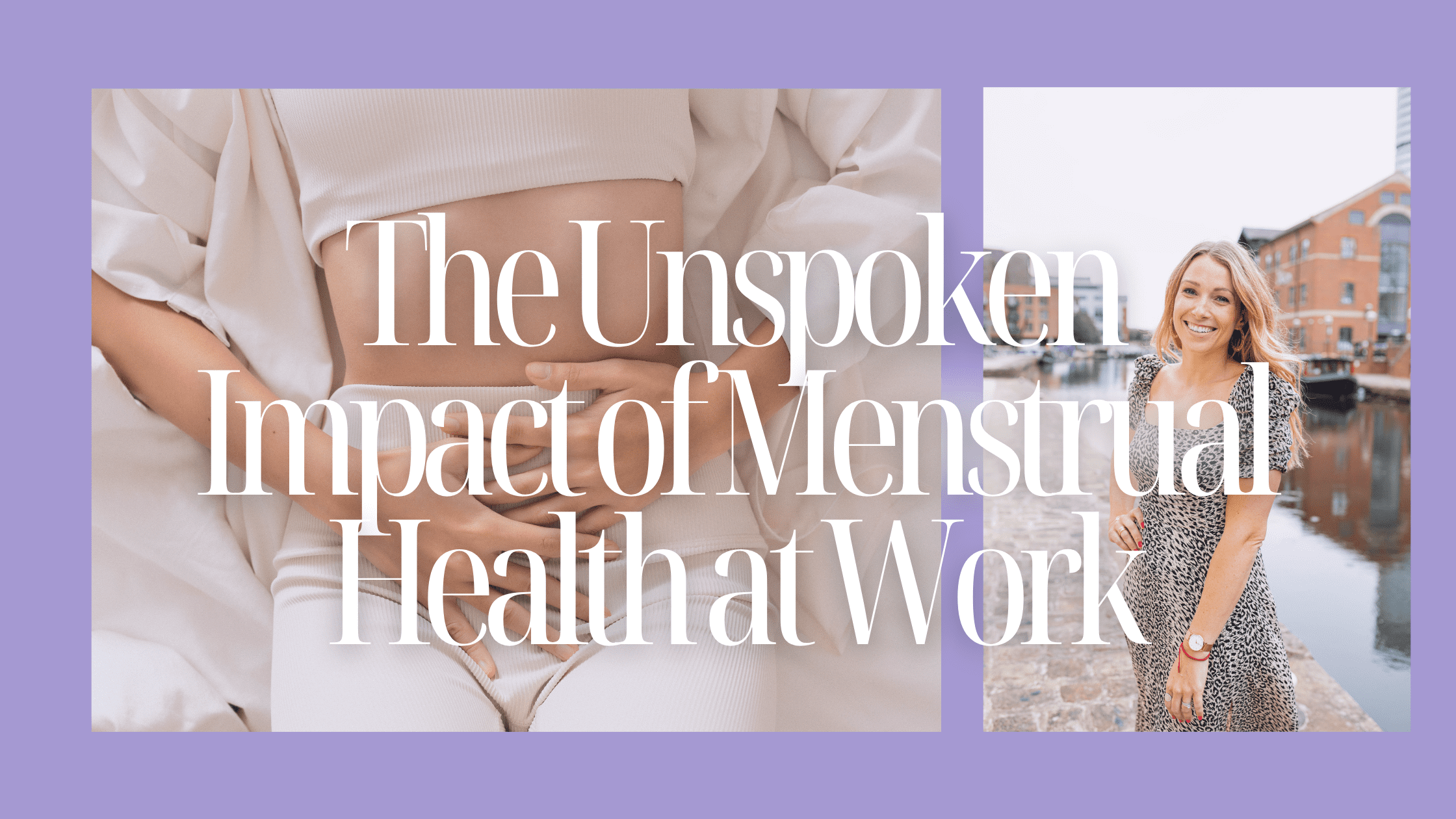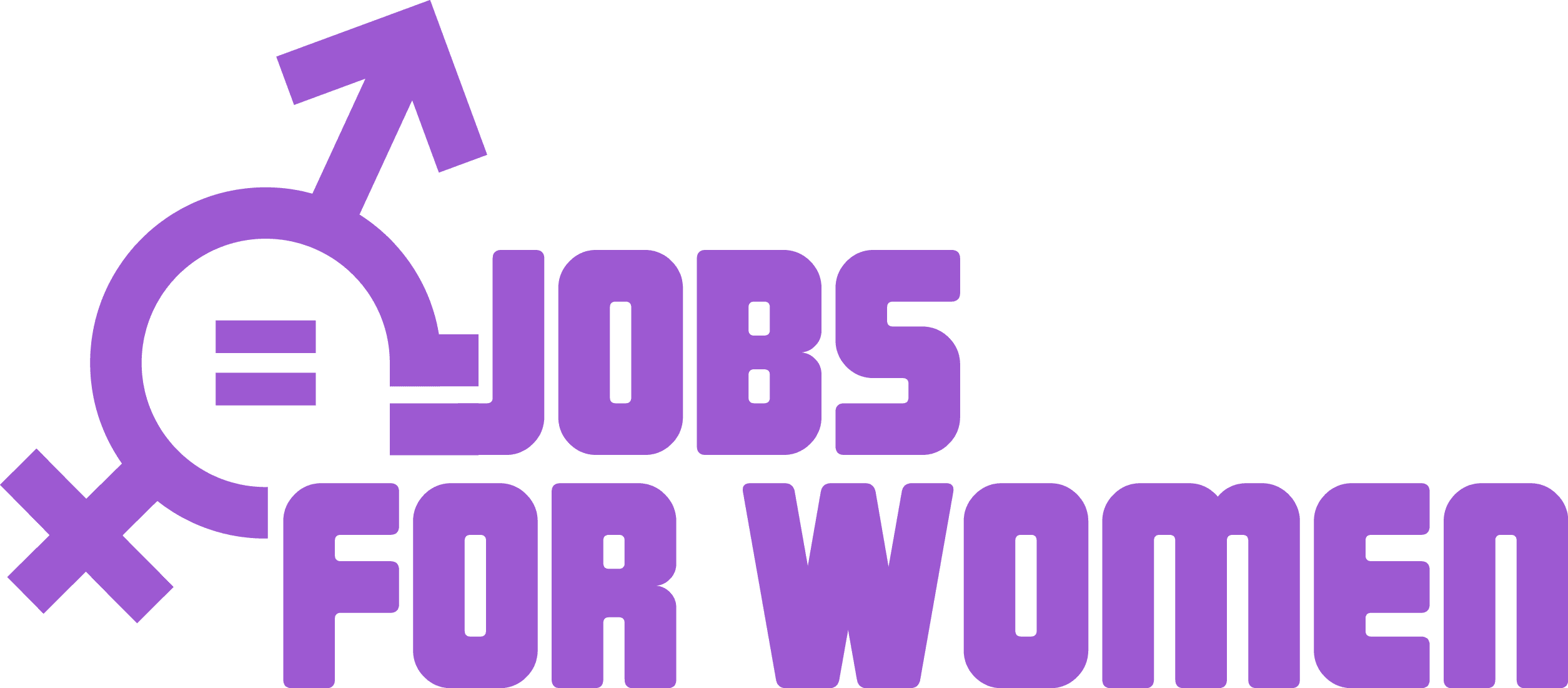
The Unspoken Impact of Menstrual Health at Work
Welcome back to another enlightening discussion on women’s wellbeing in the workplace. Today, we’re tackling a topic that’s often brushed under the carpet: the impact of menstrual health at work. It’s high time we acknowledge how the monthly cycle affects us and what we can do about it.
“70% of women report experiencing symptoms that affect their ability to work. That is huge. Huge!”
Recognising the Monthly Struggle
Did you know that almost 70% of women report experiencing symptoms that affect their ability to work during their period? Let that sink in for a moment. That’s a significant portion of the workforce pushing through cramps, fatigue, migraines, and emotional upheavals—all while trying to maintain professionalism.
My Personal Journey with PMDD
For those who’ve been following along, you know that my menstrual cycle is no walk in the park. Dealing with Premenstrual Dysphoric Disorder (PMDD) means I have to plan my weekly and monthly actions based on my cycle. In my 20s, I could power through, but now, it’s a different ball game.
It has such an impact on my life that I have to plan out my weekly to-do, my daily to-do, my monthly actions based on my cycle and I’ve mastered the Joy of Missing Out to take time for myself, rest and meditate.
Breaking the Taboo: Let’s Talk About It
Growing up, periods were openly discussed in my family. My dad joked he could’ve retrained as a gynaecologist because Mum and I always had painful periods. But not everyone is that lucky.
I recently saw an amazing clip of a school—possibly in China—where boys and girls were shown period products to demystify menstruation. Genius, right? It’s these simple yet effective steps that help break down taboos.
The more we have the conversation about it… the more it’s just going to make it this taboo subject.
The Reality in the Workplace
We’re often expected to “crack on” despite the pain. Whether you’re on your feet all day or in a demanding public-facing role, it’s tough. And let’s be honest, many workplaces haven’t caught up with the reality of menstrual health.
There’s a lot of workplaces that don’t account for the raw reality of menstrual health in their policies, which leaves women kind of exposed to manage the challenges in silence.
Practical Tips to Honour Your Cycle
Listening to Your Body’s Needs
Your body is a powerful tool with all the answers—you just need to listen. Whether it’s saying no to social engagements or adjusting your work tasks, honouring your body is crucial.
You can only honour your body at your time of the month if you acknowledge and listen deeply to what your body is telling you.
Prioritising Self-Care: Rest, Nutrition, and Movement
- Rest: If you’re a 5 am riser, consider giving yourself an extra hour in bed during your period. After all, you can’t pour from an empty cup.
- Nutrition: While I love a bit of dairy milk chocolate, I recognise the importance of nutrient-rich foods. Small changes can make a big difference.
- Movement: Gentle exercise like yoga or a short walk can work wonders for mental clarity and energy levels.
“When we neglect our bodies, the physical symptoms of menstruation can be even more challenging to handle.”
The Importance of Open Dialogue with Employers
Having “the talk” with your manager might feel like pulling teeth, but it’s essential. They need to know what you’re up against so they can provide the necessary support.
Consider having a conversation with your manager. Talk about accommodations that you need… You need to be able to let them know what you need so they can then try and cater.
Making Changes in the Workplace
Advocating for Menstrual Policies
If your workplace lacks menstrual health policies, be the catalyst for change. Start the conversation, join wellbeing groups, or even suggest policy implementations.
Maybe, if you feel in a comfortable position… have the conversation with them. What are we doing to support people who have menstruation at work and they really suffer?
Creating a Culture of Openness
It’s not just about policies but fostering an environment where menstrual health isn’t a taboo. Education and open discussions can go a long way in normalising the conversation.
If women are going through this every single goddamn month… then we need to talk about it.
Empowering Yourself and Others
Adjusting Life Around Your Cycle
Don’t be afraid to adjust your schedule. If you need alone time, take it. If you need to reduce your workload, speak up. Your well-being is paramount.
I had to remove myself from the situation and be alone. So I know that I need that… honouring that for me was massive.
Starting the Ripple Effect
By taking steps to honour your cycle, you’re not just helping yourself but paving the way for others. Imagine the change we can create collectively.
I think if you’re determined to make the workplace better for women as I am, then we need to have these conversations to start that ripple effect.
Your Wellbeing is Non-Negotiable
Supporting your well-being needs to be at the top of your list. Health is wealth, and you deserve to feel your best.
Your body is such a powerful tool, and the more you tune into your cycle, you start honouring it, things will start to change.
So, here’s my challenge to you: Take action today. Whether it’s having that awkward chat with your boss, adjusting your schedule, or simply listening to your body—do it. Your future self will thank you.
You can listen to the podcast episode I released recently on this very subject here: listen now.
Join Our Free Members Club
If you haven’t already, head over to our Free Members Club. We’ve got free yoga sessions, yoga nidra (which I mentioned earlier), and a treasure trove of resources to support you.
👉 Join us at community.jobsforwomen.co.uk/join
Let’s continue this conversation and support each other on this journey. And remember, you’re not alone.
